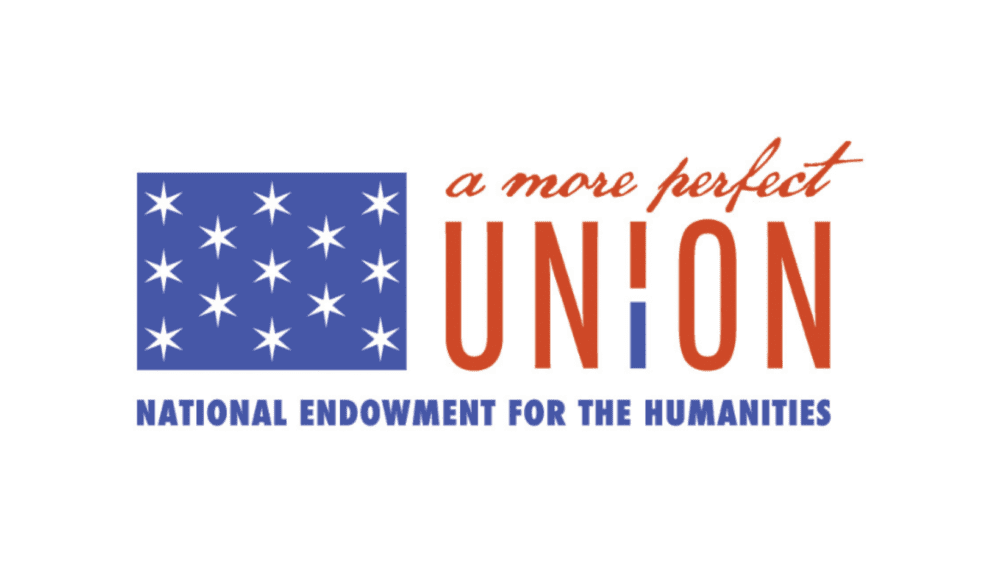Oklahoma Humanities is looking for a lover of culture and literature who is dedicated to improving the community through public programming. This full-time (35 hours per week) salaried position oversees … Read more
Meet the 2022 Federation Board of Directors
The 2022 Federation Board of Directors welcomes three new board members and a new chair elected on November 12, 2021, by the Federation membership at the 2021 Annual Business Meeting held in conjunction with the virtual National Humanities Conference. The board officers were voted on by the 2022 board of directors in a meeting following the annual business meeting.

Why Civics Matters: Who is Involved?
Civic engagement itself takes many forms across communities, and one of the most recognizable acts of civic engagement is voting. The right to vote has historically fallen along lines of identity. Take the Voting Rights Act of 1965, for instance, which prohibited discrimination in voting based on race—that’s only been in place for 56 years of our country’s history.

FSHC Announces New Racial Equity Working Group
We are pleased to announce the formation of the Federation’s Racial Equity Working Group. Federation Board Member Gloria White Gardner (Maryland) and Maine Humanities Council Executive Director Hayden Anderson will serve as co-chairs. The group’s goals are to examine the Federation’s practices, policies, and programming, with the intention of coordinating institutional resources to help enact and support a race equity culture among our organization’s staff, board, and member councils nationwide.
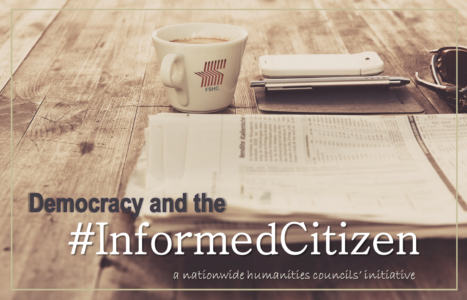
Councils Kick Off Democracy and the Informed Citizen Programs in 2018
In partnership with The Pulitzer Prizes and supported by a grant from The Andrew W. Mellon Foundation, forty-nine councils will launch hundreds of programs and events exploring the importance of being an informed citizen and what that means in today’s society.

November Council Pulitzer Update
Throughout November, councils hosted a variety of Pulitzer Prizes Campfires from book fairs to conferences to nature hikes coupled with literature that brought participants together in discussion and community. In addition, councils continued to host presentations, exhibits, book discussions, and writing workshops featuring Pulitzer Prize winners and works.
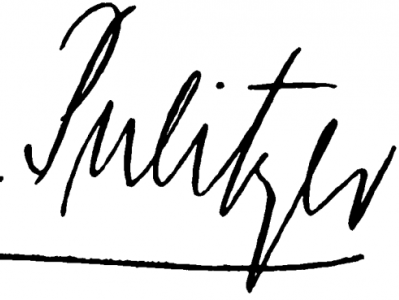
Pulitzer Prizes Council Campfires Events Heat Up In October
More than 30 events are occurring in October, making it one of the busiest in terms of council Campfires programming. These programs include festivals, poetry celebrations, distinguished lectures, and reading and writing workshops.

Pulitzer Feature: August Council Campfires Programs
This month, join councils in various Pulitzer100 reading and discussion groups, creative writing workshops, lectures and conversations surrounding important local and political issues, youth-centered events, and a jazz festival!
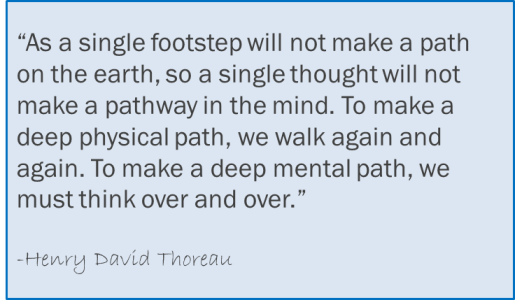
JUNE FEATURE: Council Programs Discuss Environment, Take Participants Outside
Whether through discussions of literature while hiking, performances of Chautauqua while basking in the sun, viewing documentaries geared toward urban environmental issues, or visiting a local humanities festival, council programs are complementing the adventurous spirit of summer by taking participants on an exploration of both the mind and the outdoors.

MAY FEATURE: Humanities Documentaries
Through the use of documentary films, councils across the country are reaching new audiences and sharing previously untold stories of our nation in ways that challenge our understanding of history while promoting community engagement.
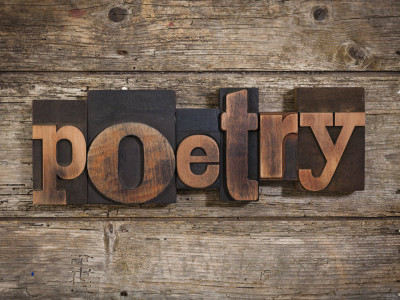
April is National Poetry Month and Councils are Celebrating
See what councils across the country are doing to celebrate poetry!
